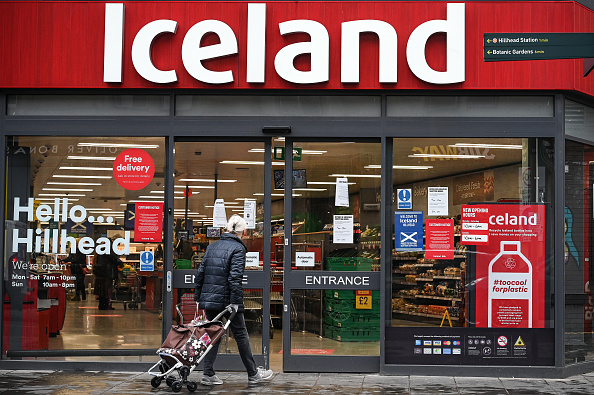As Iceland rows back on palm oil, this is one slippery slope we should start to embrace

Supermarket chain Iceland announced this week that it had no choice but to go back on a pledge to avoid using palm oil as an ingredient in its own-brand product range. Managing director Richard Walker wrote in a blog post that Iceland could no longer afford to use sunflower oil, the palm oil alternative it plumped for in 2018, because its price has risen by 1,000 per cent as a result of war in Ukraine.
Ironically, the decision to switch back to palm oil will likely have a positive environmental impact, despite its reputation for assaulting the planet. While palm oil contributes to deforestation, it is the most land-efficient of the vegetable oils. By switching to alternatives like sunflower oil, manufacturers have to chop down lots more trees to produce the same amount of product. Palm oil production yields around 6-10 times more oil per hectare than other oils like sunflower, rapeseed, olive and soybean.
Palm oil’s anti-green reputation falls the moment you compare it to more resource-hungry oils. But the perception persists – except in times of crisis, it seems. Walker warned Iceland would otherwise be unable to offer much of Iceland’s usual product range. “I say this with huge regret,” Walker writes. “But the only alternative to using palm oil under the current circumstances would simply be to clear our freezers and shelves of a wide range of staples including frozen chips and other potato products.”
Now that Iceland has confirmed the current crisis is serious enough for us to dare to use palm oil to make breaded fish and frozen chips, perhaps this is the time for us to reconsider our side-lining of palm oil more broadly – particularly when it comes to fuel.
Along with skyrocketing food prices, perhaps the most impactful aspect of the inflationary and cost-of-living crisis on the average consumer will be fuel prices. Costs at the petrol pump have already soared to record highs, and given the geopolitical and economic situation, that does not look like changing any time soon.
As we try to extract ourselves from under Putin’s thumb and learn to heat our homes without relying on Russian fossil fuels we have talked no end about Saudi oil, solar power, wind power, domestic fracking and nuclear. But almost no one has mentioned biofuels.
There is no good reason why biofuels – such as palm oil – should be left out of the conversation. As of 2020, renewable fuels made up just 5.9 per cent of total road and non-road mobile machinery fuel – but most of that was biodiesel and bioethanol, with palm oil accounting for just 2.8 per cent of total supply as a feedstock.
Despite the obvious benefits of diversifying fuel sources, pressure from the green blob has continually driven regulators in the wrong direction, with Brussels leading the pack. The EU is set to progressively phase out palm oil as a biofuel source altogether by 2030, starting next year. As with Iceland’s sunflower oil switch, it seems likely that palm oil will be replaced by alternative products which are less land-efficient, and therefore contribute to deforestation on a greater scale.
Green virtue-signalling can often be harmless but when entire industries swear themselves off an irreplaceable product like palm oil, prices spike and the consequences for consumers are dire – especially during a crisis – and that’s before regulators get involved. From frozen food to biofuel, there are countless areas where quietly welcoming palm oil back into the fold would go a long way to alleviating the effects of the current crisis. Policy outcomes must overcome over-cautiousness about green PR.
